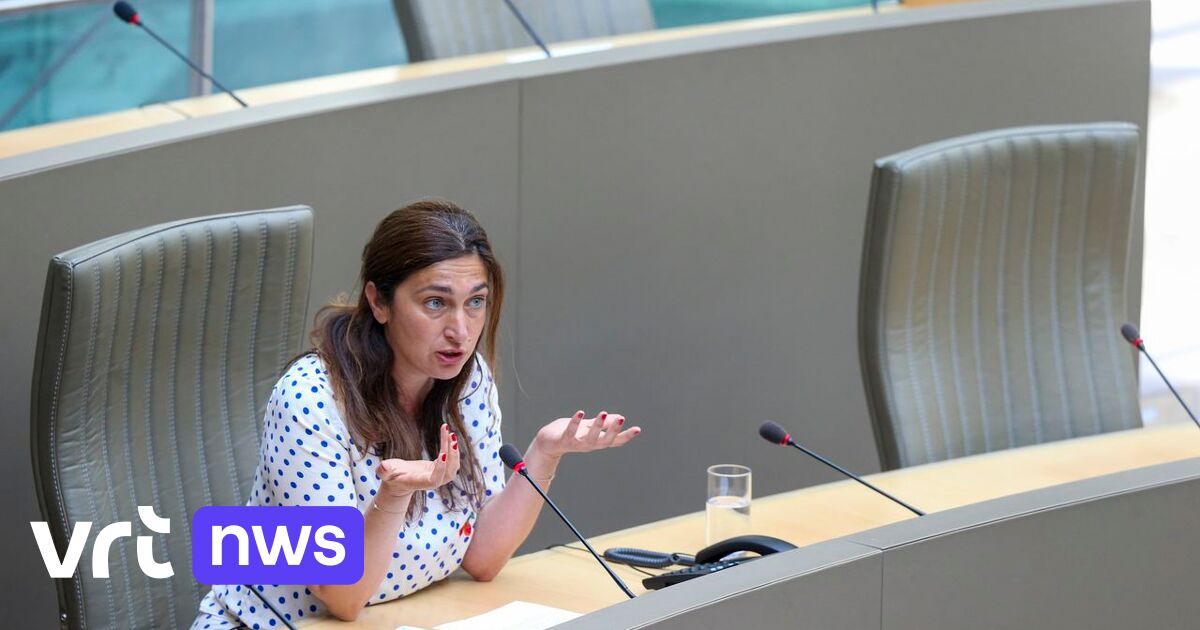Status: 02.11.2021 5:15 p.m.
–
–
–
To cushion the economic pressure from Corona and other factors, football clubs are increasingly relying on bonds. Above all, fans should give money to fill the tight coffers at short notice.
FC Schalke 04 made a loss of 21 million euros in the first half of 2021. For the entire year, the traditional club expects a deficit in the low double-digit million euro range.
–
–
–
This will further increase the already high debts of over 200 million euros. “The situation in which Schalke 04 is still challenging”, emphasizes Christina Rühl-Hamers, the board member responsible for finance at the Club.
That is why the “miners” have long been relying on alternative forms of financing, such as so-called fan bonds. The association has already issued the third bond for this purpose since 2010. Mainly to be able to meet his financial obligations from the previous bonds.
A club announcement said that there would be a voluntary exchange offer for the new bond for holders of corporate bonds from 2016. Including bonus amount. For example, Schalke 04 does not have to pay back the entire amount of the bond that is now expiring when the coffers are tight. And gains time until the latest bond expires (2026) before the repayment claims become due.
High returns, high risks
The new bond should bring in over 15 million euros for the club, in the end only just under 9 million euros were raised. Although fans should receive 5.75 percent interest per year for it. Actually a tempting offer in times when the bank hardly pays interest, or even pays no interest at all.
However, the associations could sometimes be forced to use such forms of financing because, for example, the banks would no longer grant them loans, explains Dr. Daniel Weimar. And if they did, then very high interest rates would be due. The clubs would ultimately get the fan bonds cheaper, adds Sportokonöm in an interview with the sports show.
For investors, however, these bonds involve high risks. “In relation to the risk of the bonds, five percent interest rates appear to be relatively low rather than high,” says Weimar. But fans sometimes ignore this because “fans are partly rewarded with an emotional return in addition to monetary returns,” says the sports economist.
More fan articles than investments?
The former Bundesliga professional and today’s capital market expert Jürgen Molnar also points to a high risk. For him, the bonds from Bundesliga clubs are more fan articles than serious investments. “You have to take into account that failures can occur from time to time,” he says.
Many associations would lack the financial strength, i.e. equity, explains Molnar. This means that something can happen quickly, as the corona crisis has currently shown. Suddenly the entire financial structure collapsed with the loss of viewer income, and then the fans, as small investors, were “the junkies”.
The example of 1. FC Kaiserslautern and its bond from 2019, which brought around three million euros to the club’s coffers, shows how fast this can go. Jürgen Molnar’s former club quickly got into new financial difficulties due to the ghost games.
As a result, the club recently asked the bond buyers to defer the interest. However, this did not happen because too few bond subscribers were willing to do so. And so the FCK must now meet its obligations.
Financial collapse “relegation”
Werder Bremen, like Schalke 04, was relegated from the Bundesliga last season, and has recently opted for a fan bond. Because after relegation to the second division, the clubs’ income falls more than their expenses.
Sports economist Daniel Weimar emphasizes that the financial gap that needs to be closed by new sources of capital is therefore widening: “Here, fan bonds are a means of filling this gap and realizing a short-term recovery.”
Especially when income is falling rapidly, the issue of bonds is popular in professional football. Larger clubs such as the national market leader FC Bayern Munich have never had to resort to it. So it is more the smaller professional clubs that issue such bonds.
Total loss threatens
And with them the total loss for the fans threatens faster if the sporting success does not materialize. In 2008, Alemannia Aachen issued the “Tivoli bond”. But the club rose shortly thereafter to the 3rd division and had to file for bankruptcy. The borrowed fan money was gone. Arminia Bielefeld was only able to settle a fan bond in 2016 because some of the supporters had waived the payment of interest and the repayment of the bond.
At the beginning of this season, Stiftung Warentest also pointed out that fans should only invest money in their club that they love if they can cope with the loss. In the meantime, the realization that fan bonds are a risky investment seems to be gaining ground among fans as well. Because the fan bond at Werder Bremen, as with Schalke 04, clearly missed its financing target.
Those: sportschau.de
–

